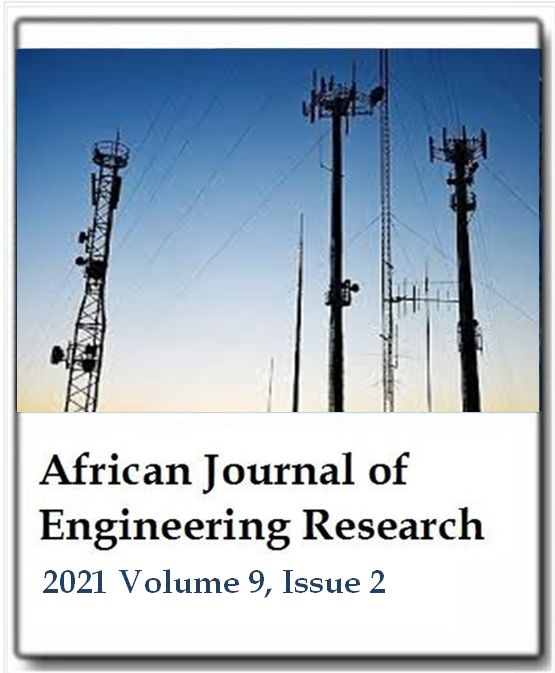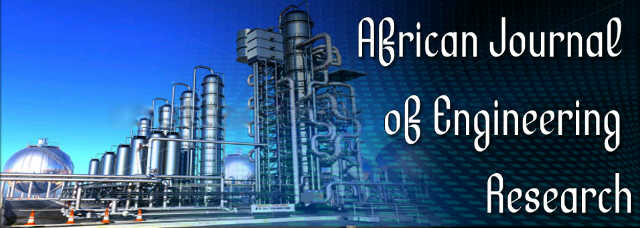Impact of scheduling algorithms on the performance of telemedicine traffic in cellular networks
E. J. Obamila, A. J. Onumanyi, O. C. Ubadike and A. M. AibinuAfrican Journal of Engineering Research
Published: July 14 2021
Volume 9, Issue 2
Pages 13-27
Abstract
Efficient transmission of medical information is an emerging area of telecommunication engineering because it conveys critical data about a patient’s state and vital measurements. Consequently, it is required that such transmissions be accelerated and errorless. This requirement is beyond the norm of only scheduling users at a Base Station but calls for the provisioning of guaranteed bandwidth for transmission of these critical medical data. To achieve this, there is a need to develop a scheduling scheme that will prioritize all forms of Telemedicine traffic over regular traffic at the Base Station. But there is also the need to measure, evaluate and quantify the impact of the developed scheduling scheme on telemedicine traffic transmission in cellular networks in terms of the throughputs attained. To address these problems, priority and non-priority based scheduling algorithms for telemedicine traffic transmission were developed and simulated using MATLAB 8.1.0 software and the impact of the developed algorithm on telemedicine traffic transmission was evaluated. The result represents a significant increase in telemedicine user’s throughputs with a priority scheduling scheme. Over 20 rounds, the impact of packet sizes, traffic load conditions and codec rates on the average throughputs of telemedicine traffics were studied and discussed.
Keywords: Non-priority based, priority-based, scheduling algorithms, telemedicine traffic, throughputs.
Full Text PDFThis article is published under the terms of the Creative Commons Attribution License 4.0

